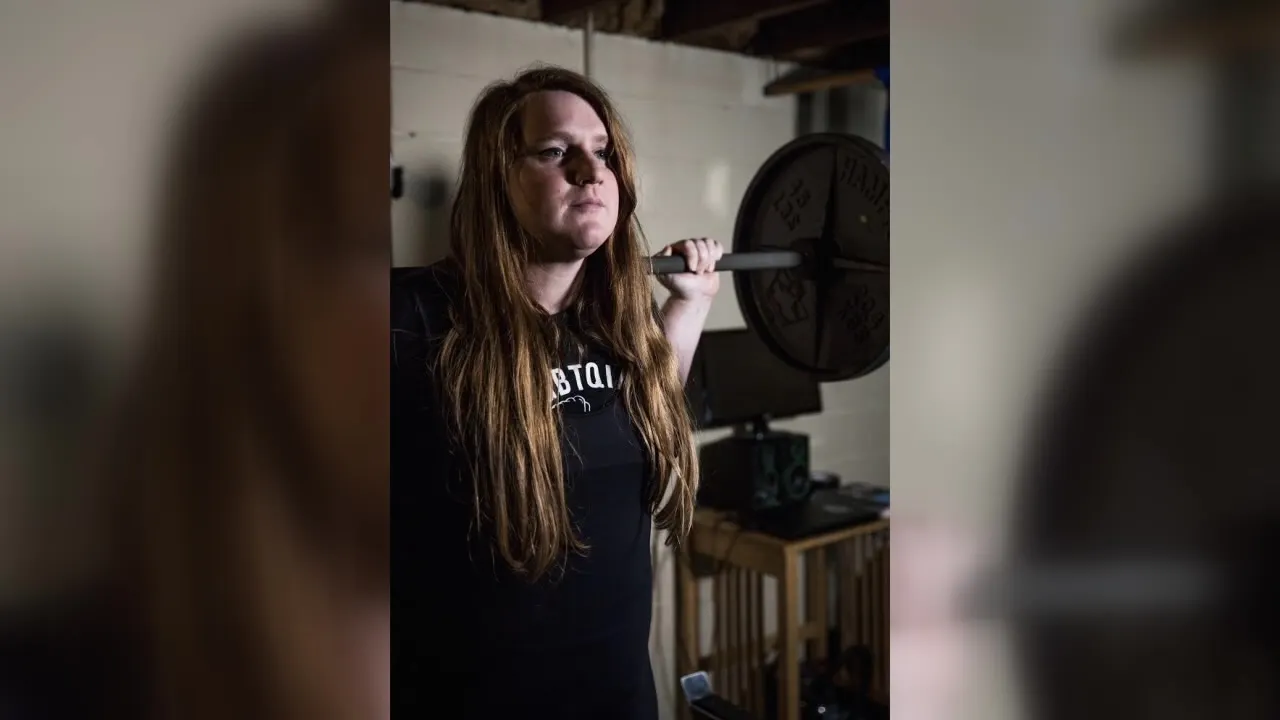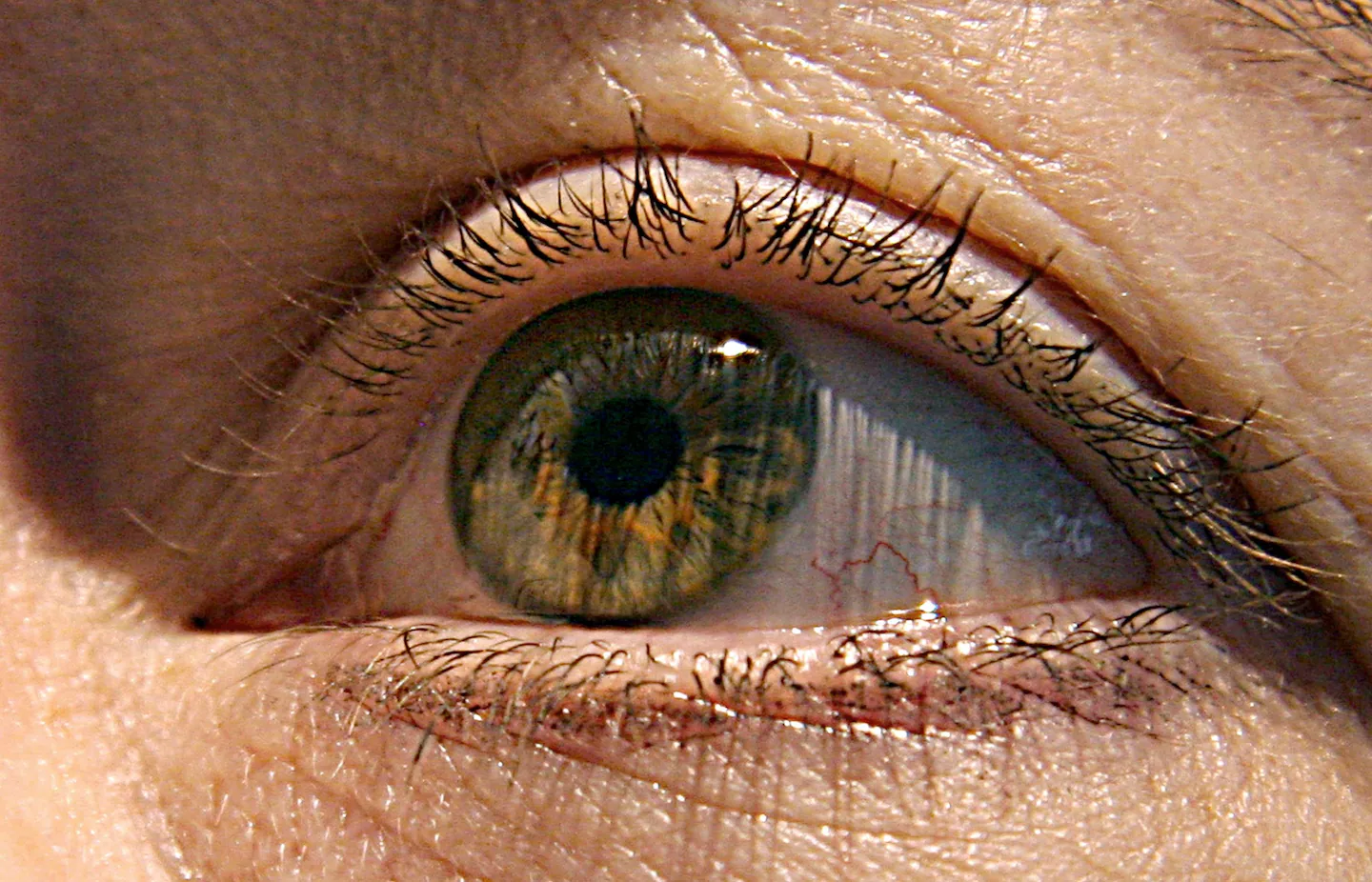Copyright FOX 9

A ruling from the Minnesota Supreme Court found that a transgender powerlifter was discriminated against when USA Powerlifting refused to allow her to compete in women's events. Transgender powerlifter ruling What we know: The decision handed down on Wednesday by the Minnesota Supreme Court gave a key victory to transgender powerlifter JayCee Cooper. In the ruling, the justices agreed that Cooper had been discriminated against by USA Powerlifting, who refused to allow her to compete in women's events. The Minnesota Supreme Court found the district court rightly granted partial summary judgment for Cooper on a discrimination complaint under a public accommodations statute. Dig deeper: Wednesday's ruling found that under Minnesota's Human Rights Act, USA Powerlifting's policy that prohibits transgender women from competing in women's competition constituted sexual orientation discrimination. However, the case isn't over. Justices also found that USA Powerlifting could be protected against one part of the claim because of the Human Rights Act that allows for exemptions for "legitimate business purposes." USA Powerlifting has argued that allowing transgender athletes who were assigned male at birth into women's competitions would create a disadvantage for other lifters. The Minnesota Supreme Court found that could be a "genuine" defense for USA Powerlifting's ban, and sent that part of the discrimination case back to district court. What they're saying: Representatives for Cooper argue that the defense isn't relevant to the powerlifting case. Gender Justice, an advocacy group that represents Cooper, explained the case had two separate claims. Cooper won on one claim, that USA Powerlifting discriminated against Cooper under a public accommodations provision. The second claim, that USA Powerlifting discriminated against Cooper under a business statue, was sent back to district court. "We just brought this case under two alternate theories – we don't need [to win] both," said Jess Braverman with Gender Justice. "And we won on public accommodation." "Even if we took the business claim to its end and even if USA powerlifting were successful on that, they would still lose public accommodations and be liable to her for discrimination," added Braverman. "So no matter what, this court found that USA Powerlifting discriminated and violated Minnesota law." Big picture view: Transgender athlete Chris Mosier joined Gender Justice's press conference to celebrate the decision. Mosier called the ruling a "profound moment in time" for trans athletes. "Trans people deserve the opportunities to participate with our peers in every facet of public life," said Mosier. "And in my work, I've had the opportunity to mentor and work with trans and non-binary athletes from the youth level, all the way up to professional athletes. We know that there has been a strategic, coordinated attempt to paint transgender people as a danger in sports so that they can say that we are a threat everywhere else. So this ruling is a profound one for this moment in time because there is a truly negative impact when transgender people are excluded." Transgender powerlifter banned The backstory: Cooper filed the lawsuit back in 2021 after USA Powerlifting denied her from competing in the women's division in 2018. A Ramsey County district court judge sided with Cooper in a 2023 decision that was later appealed by USA Powerlifting. The Court of Appeals then partially overturned the district court's decision in 2024. The case then moved to the Minnesota Supreme Court. The other side: USA Powerlifting has argued that allowing transgender women to compete in the women's division would put other women at a disadvantage. In a statement last year, as the case was heading to the state Supreme Court, USA Powerlifting President Larry Maile said: "Our goal at USAPL is to create rules and a framework that uphold the principles of fair play, not to exclude anyone. To support trans athletes, USAPL created an open MX division in 2021 to serve all gender identities, including transgender and nonbinary members. The organization welcomes trans referees in all competitions, open or otherwise." Maile added, "Since science shows those who were born biologically male have a profound physical advantage over female-born athletes, our responsibility is to define legitimate categories to fairly place athletes within them." After Wednesday's decision came down, Minnesota House Speaker Lisa Demuth (R-Cold Spring) issued a statement decrying the ruling: "For decades, women and girls fought tirelessly for the rights guaranteed under Title IX. Sadly, those hard-won protections have increasingly come under attack, and today’s decision marks another setback in the fight to protect girls' sports. This issue is ultimately about safety and fairness, and Minnesotans overwhelmingly agree that their daughters and granddaughters should not be forced to compete against boys. House Republicans are ready to act in the first weeks of next year’s legislative session to make clear that girls’ sports are for girls."



